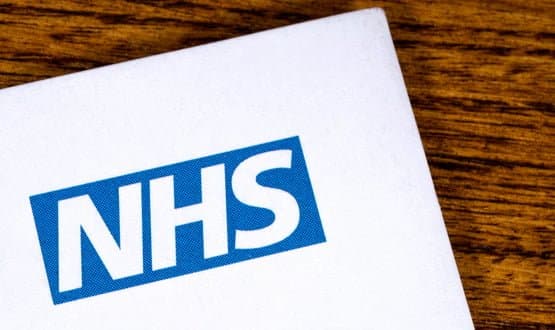MPs look abroad for records inspiration
- 15 May 2014

Patients should be allowed to “own” and interact with their medical records if they are to be fully involved in their own care, a new parliamentary report argues.
The report on patient empowerment, released today by a coalition of six health-based All-Party Parliamentary Groups, says NHS England should be aiming further than its goal of providing online access to GP records by 2015.
Successive UK governments have promised patients greater access to their healthcare records, with Labour promising to give patients 'records on a stick' a decade ago.
The present government promised that patients would have access to all their records as it came into power, but the pledge has steadily been scaled back, to cover GP records and then the information in the Summary Care Record.
The latest guidance from NHS England says GPs should have 'plans' to open up access by the target date; although there is an expectation that most practices will go further and also offer patients 'transactional' services, such as booking.
The parliamentary groups looked at overseas examples of patient empowerment to determine how they might be used in a local context.
The report says patient empowerment is now widely recognised as “a fundamental pillar of healthcare for the 21st century”, with self-management and individual responsibility an important part of managing pressure on modern healthcare.
As part of this, it says a number of countries around the world are now allowing patients to interact with or jointly own their health records, rather than simply providing access.
The report cites Denmark’s electronic health record system, which since 2003 has allowed patients to access and partially edit their individual health records.
The system allows users to send information on their previous treatments and diagnoses, book appointments with GPs, renew prescriptions, view waiting times and quality ratings for local providers, and connect to other patients and carers through chat facilities.
An initial disparity in the age of people using the Danish system has been eliminated over time, the report says.
Overseas experience shows that access alone is unlikely to lead to significant use of health records by patients, but “some degree of co-ownership or interactivity” with their health information has a more significant effect, the report says.
The four home nations should be developing plans for systems that reflect the principles of “true partnership” with patients, while also planning investment and training for professionals to enable adoption and use of shared records.
The report also recommends prioritising and investing in access to patient decision aids to involve patients in making shared decisions about their care.
It mentions the example of the Health Decision Sciences Centre at Massachusetts General Hospital, which allows doctors in primary and secondary care to “prescribe” an aid through a patient’s electronic medical record which they can then access outside of their consultation.




